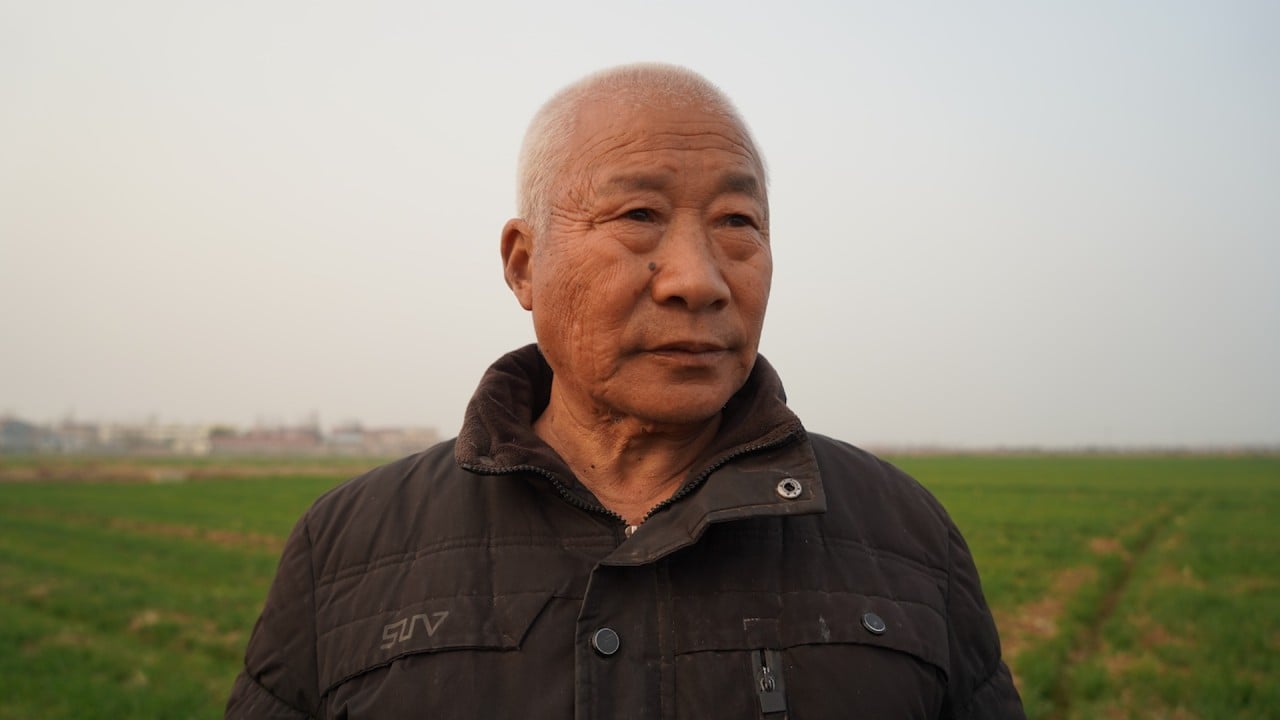
Explainer | China nurtures indigenous seed industry to reduce import reliance, secure food supply
- China’s seed industry, regarded as a major priority in guaranteeing its food security, was recently inspected by the country’s top legislators
- Lawmakers issued report evaluating the state of the sector and summarising areas where more resources and attention are needed
Beijing’s pledge to keep China’s “rice bowl” firmly in the hands of its people – a common refrain from President Xi Jinping – has been backed with numerous actions, including the protection of arable land, expansion of farming acreage and more widespread use of technology.
After an eight-month round of inspections organised by the Standing Committee of the National People’s Congress, the country’s highest legislative body, several areas of focus have been enumerated for the sector.
+These are the issues they raised, as well as the overall state of development for China’s indigenous seeds.
Why is the Seed Law important?
Chinese leaders regularly refer to seeds as the “chips” of agriculture – a form of intellectual property (IP) that is also essential for preserving the food security of 1.4 billion people.
The law vowed, among other pledges, to keep the country’s germplasm resources “independent and controllable”.
It mandates the protection of IP rights in the seed industry, such as expanding protective mechanisms for new plant variety rights, establishing the Essential Derivation Variety system and improving the rights infringement compensation system.
‘Mine are authentic’: how China’s counterfeit seed problem stalls innovation
Where are the ‘choke points’?
Government officials had already sounded the alarm about “over-reliance” on seed imports from major exporters like the United States last year.
Crops like tomatoes and broccoli also have proportionally heavy imports of their seeds, and the cumulative total for seed imports in 2022 was nearly 11,000 tonnes.
Seeds for forage grasses like perennial ryegrass, alfalfa and sheep fescue also are highly imported, to the tune of more than 70 per cent of high-quality grasses.
What problems were observed?
Chinese seed firms were found to be small compared to Western giants like Monsanto, and lacking their counterparts’ capability for innovation.
The country has 8,159 seed companies, but only 2 per cent have the facilities for concurrent seed breeding, production and operations. China’s top five seed enterprises also invested less than 10 per cent of their revenues into breeding technology.
Foreign corn varieties bred in the domestic market were found to account for 8 per cent of supply, and the yield level of soybean varieties, legislators said, still needs to be further improved.
Planting acreage for hybrid corn is also on the decline, as is the number of varieties of hybrid rice being presently used.
The authorities also found evidence of fabrication and misconduct in seed trials, with 2,057 varieties untested or not tested fully during a previous round of inspections in 2021.
What’s China’s next step?
Efforts will be made to solve the major choke point – the lack of technologies to develop high-quality seeds – by making breakthroughs in genome editing, genomic selection and artificial intelligence, the legislators said.
Mergers and restructurings among leading seed enterprises will also be encouraged.
Breeding innovation capacity will be considered as an important criterion for government support, especially for those who vertically integrate industry chains.
Crackdowns on the fabrication of test and trial results were also mentioned as a means of quality control.


.jpg?itok=t8OJmsoF)
